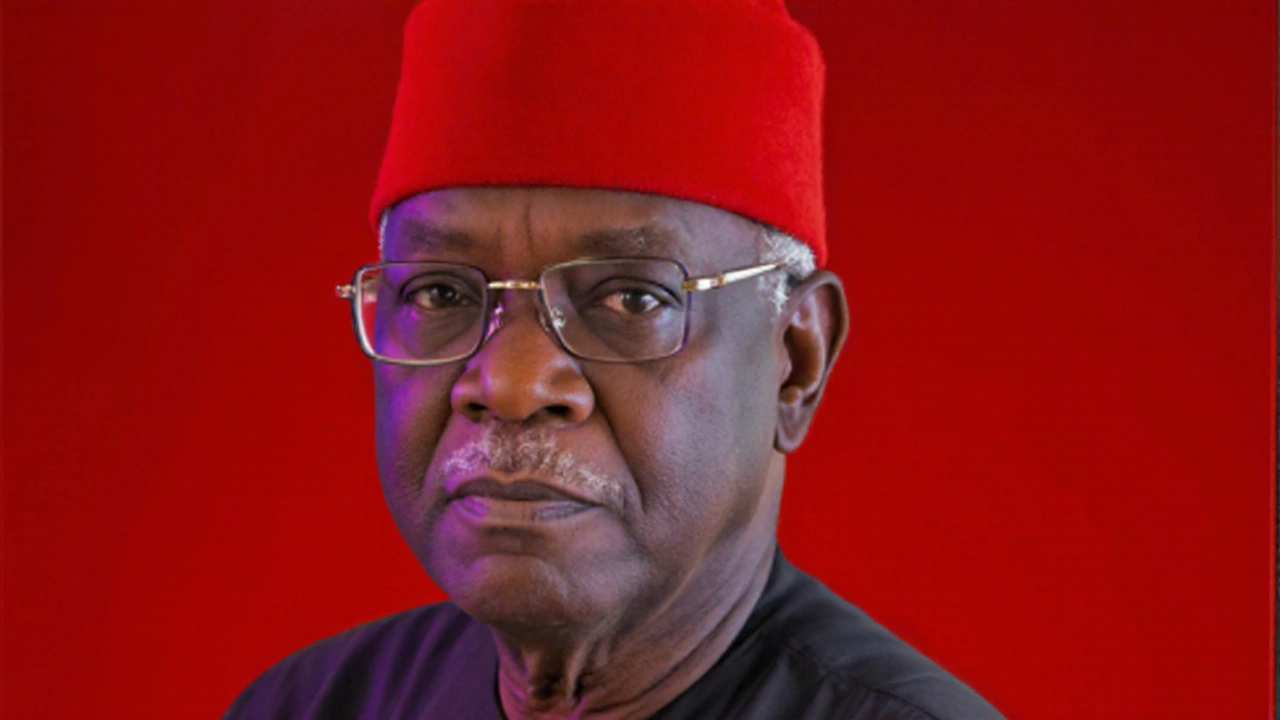Electoral Integrity: What It Is and Why It Matters
When you walk into a polling station, you expect your vote to count. That simple expectation is what electoral integrity is all about – making sure every ballot is free, fair, and counted exactly as it should be. Without it, elections turn into guesswork, and democracy loses its purpose. In this guide we break down the basics, look at the biggest threats, and show what you can do right now to protect the process.
Key Elements of Electoral Integrity
First, transparency. Voters need to see how votes are collected, stored, and tallied. Open‑book procedures and independent observers help keep the system visible and credible. Second, security. From tamper‑proof ballot boxes to encrypted digital voting, every step must guard against fraud or manipulation. Third, inclusiveness. All eligible citizens – regardless of age, gender, or location – must have equal access to cast a vote. When any of these pillars wobble, trust erodes fast.
Recent headlines have shown how quickly doubts spread. Rumors of hacked voter databases or biased count rooms can spark protests even if no crime occurred. That’s why clear rules, well‑trained staff, and quick dispute‑resolution mechanisms are essential. They give people a way to raise concerns and get answers before mistrust turns into chaos.
How Citizens Can Safeguard Elections
You don’t have to be a politician to help. Start by staying informed about your local voting laws – know where your polling place is, the ID you need, and the deadline for registration. On election day, arrive early, check that the ballot box is sealed, and report any irregularities to the election commission or a trusted observer group.
Another powerful tool is community monitoring. Many NGOs train volunteers to watch the voting process and document everything with photos or notes. Even a few extra eyes can deter cheating and provide evidence if something goes wrong. If you’re comfortable online, share verified facts on social media to counter misinformation.
Lastly, push for stronger safeguards. Write to your representatives asking for paper‑trail voting machines, independent audits, and transparent results publishing. When many voices call for these changes, officials are more likely to act.
Electoral integrity isn’t a static set‑up; it needs constant care from governments, parties, and everyday voters. By understanding the core principles and taking simple actions, you help keep the ballot box honest and democracy alive.
INEC Chairman Succession: Nigeria’s 2027 Election at a Crossroads
Professor Mahmood Yakubu’s ten‑year term as INEC Chairman ends in December 2025, thrusting Nigeria into a heated debate over who will lead the commission ahead of the 2027 elections. Experts warn that politicised appointments could undermine the credibility of the vote, while civil society calls for a transparent, merit‑based process. With five national commissioners also set to leave in 2026, the next leadership team will inherit a commission in flux and a nation watching closely.
Julian Parsons | Sep, 26 2025 Read More
